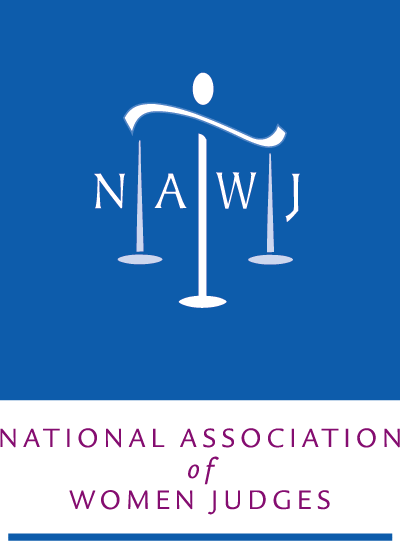Re-entry, as it is called when an inmate is released back into her community, is not easy. According to The Maryland Department of Public Safety and Correctional Services (DPSCS), as of 2009 approximately 40% of men and women in Maryland return to prison within three years of their release. (More recent statistics have been elusive thus far.) While there has been a slight downward trend in the recidivism rates in Maryland and across the country over the past decade, we have not seemed to ‘break the code’ for significantly improving the chances that a person can overcome the challenges of re-entry.
‘Anna’ was due to be released in July. Because she had no home to return to, she had to wait (in prison) for a homeless shelter to become available. She has 2 children, 15 & 19, but they do not have a home to offer her. Finally, nearly 3 months after her release date, she was able to get a bed in the House of Nehemiah in Baltimore.
When Anna was released, she basically had the clothes on her back and a $50 stipend for transportation and immediate needs. She had attended the Women Moving Forward (WMF) conference earlier in the year. The workshops she attended helped her understand the requirements for getting started with her new life. Luckily for her, the counsellors and programs required for probation were within walking distance of her living quarters. Also nearby was the Social Services office where she was able to get food stamps. Her allotment was $194 of which $100 had to be paid to the House of Nehemiah for her room and board. Anna was able to get a free bus pass to go to job interviews. She found a few clothes in the drop box at the House of Nehemiah.
Just getting her basic needs met is a challenge, but she is determined. She vows “nothing will take me back to prison.” She is very dedicated to setting a good example for her children.
Obtaining a job with a criminal history is not easy. Most often, job applicants are required to disclose their criminal history on the job application, thereby virtually eliminating themselves for consideration and the interview process. In 2013, the State of Maryland passed legislation to ‘ban the box’ (remove the criminal history question from the application) for most state jobs. Montgomery County, Prince George’s County and Baltimore City have passed laws that also require private sector employers eliminate the checkbox or criminal history question. This gives applicants a chance to introduce themselves in person and explain their past missteps. It gives employers an opportunity to hire someone who may be just right for the job and who deserves a second chance.
While we use the term EX-offender, Anna feels the EX is not often applied. The last time I heard from Anna, she did have a job interview scheduled. That was about 3 months ago and I do not know her current job or living arrangement. Getting access to technology for our communication is not a given.
For many judges, the sentencing part of their jobs may be the worst, especially when faced with returning offenders—those they have sentenced previously. The Maryland Chapter of the National Association of Women Judges (NAWJ) gives personal time and resources to create a program to prepare incarcerated women at the Maryland Correctional Institute for Women (MCIW) in Jessup, Maryland to better equip women inmates’ successful re-entry.
In 2008 The NAWJ initiated a partnership with the MCIW and an annual pre-release conference called Women Moving Forward (WMF). The conference held over a weekend annually, provides 150 women who are within 9 months of their release date with workshops and resources to aid in their re-entry. Advocacy groups and other organizations recognizing the need for reducing recidivism collaborate to provide 16 workshops address a wide range of topics crucial to a successful life outside prison.
Past WMF participants praise the conference saying they enjoyed it and found it very useful. Even with the tools, and perhaps even more importantly, the support felt by the participants, it is very challenging for a former inmate to return to a normal and productive life.
This program is about more than just compassion for individuals, it is for the good of our communities. Crime is a problem in every community and 95% of prisoners will be released back into the community at some point. We should do all we can to help them become productive, contributing neighbors.
This year’s conference is on April 8th. The WMF Re-entry Conference is funded through contributions from companies and individuals. To support this effort, go to http://wmfmd.org/donations.html.
